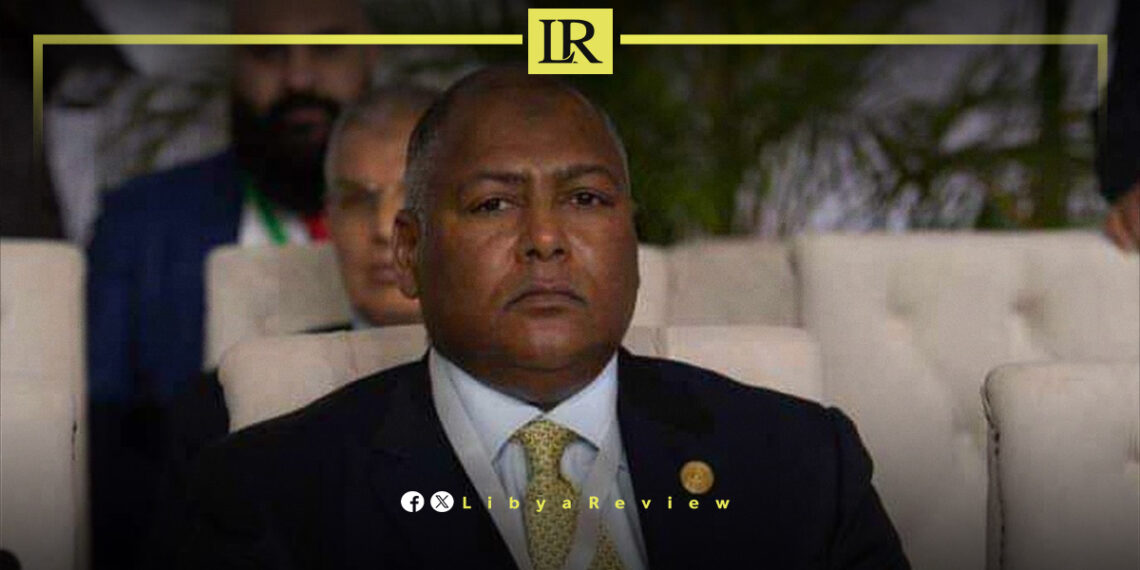On the sidelines of the African Development Bank’s (AfDB) report launch on Libya’s economy, Minister of Finance Khaled Al-Mabrouk signed a cooperation agreement with AfDB representative Malinne Blomberg to support the national economy and promote sustainable development.
In his speech at the event, Al-Mabrouk emphasized the critical role of the African Development Bank in providing technical support to Libyan institutions. He highlighted that the cooperation aims to enhance governance, transparency, and drive economic reforms in Libya.
This agreement is seen as a significant step toward fostering economic stability and advancing development projects across the country, aligning with Libya’s efforts to rebuild its economy amidst ongoing challenges.
Libya has been in chaos since a NATO-backed uprising toppled longtime leader Muammar Gaddafi in 2011. The county has for years been split between rival administrations.
Libya’s economy, heavily reliant on oil, has suffered due to the ongoing conflict. The instability has led to fluctuations in oil production and prices, impacting the global oil market and Libya’s economy.
The conflict has led to a significant humanitarian crisis in Libya, with thousands of people killed, and many more displaced. Migrants and refugees using Libya as a transit point to Europe have also faced dire conditions.
The planned elections for December 2021 were delayed due to disagreements over election laws and the eligibility of certain candidates. This delay has raised concerns about the feasibility of a peaceful political transition.
Despite the ceasefire, security remains a significant concern with sporadic fighting and the presence of mercenaries and foreign fighters. The unification of the military and the removal of foreign forces are crucial challenges.


